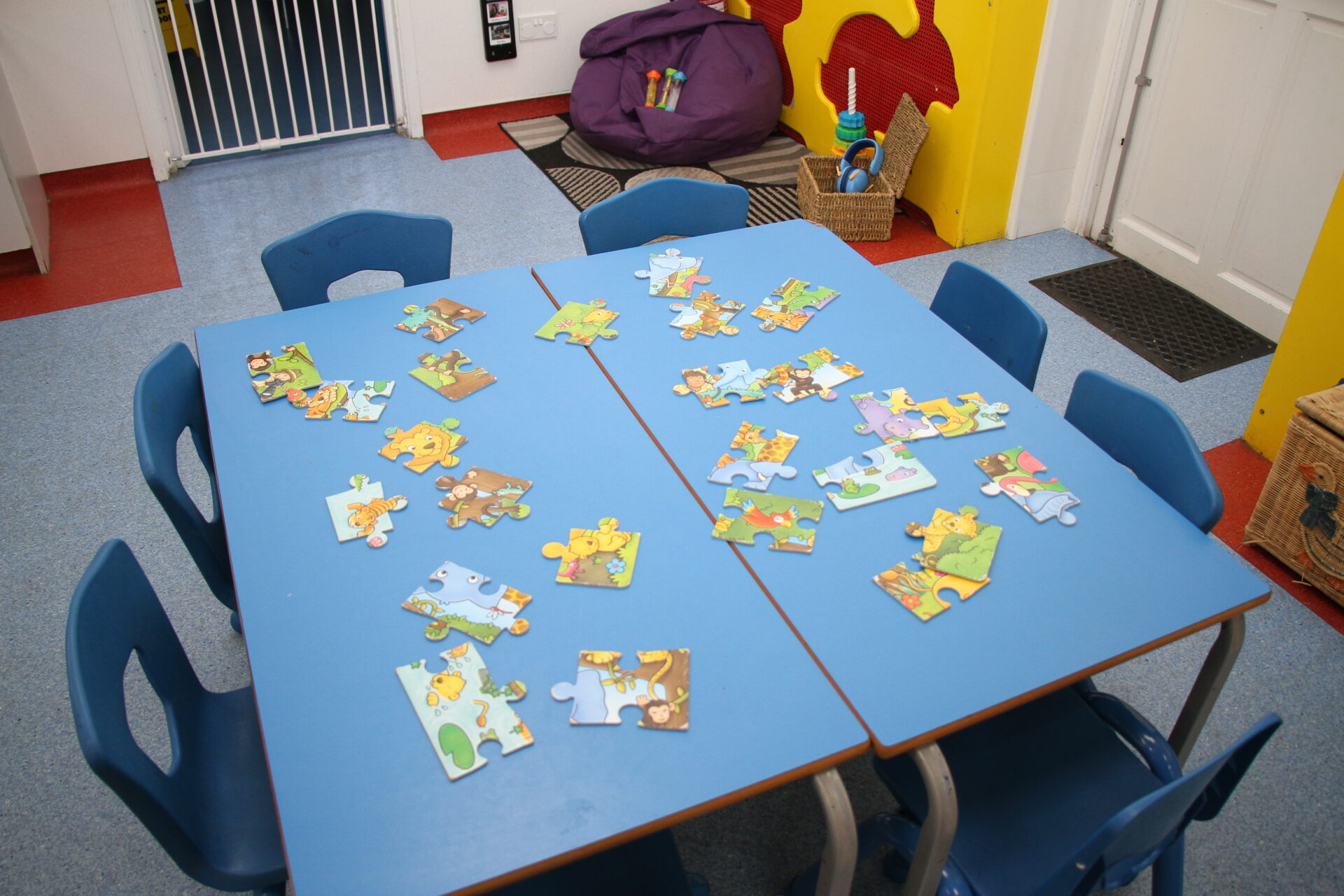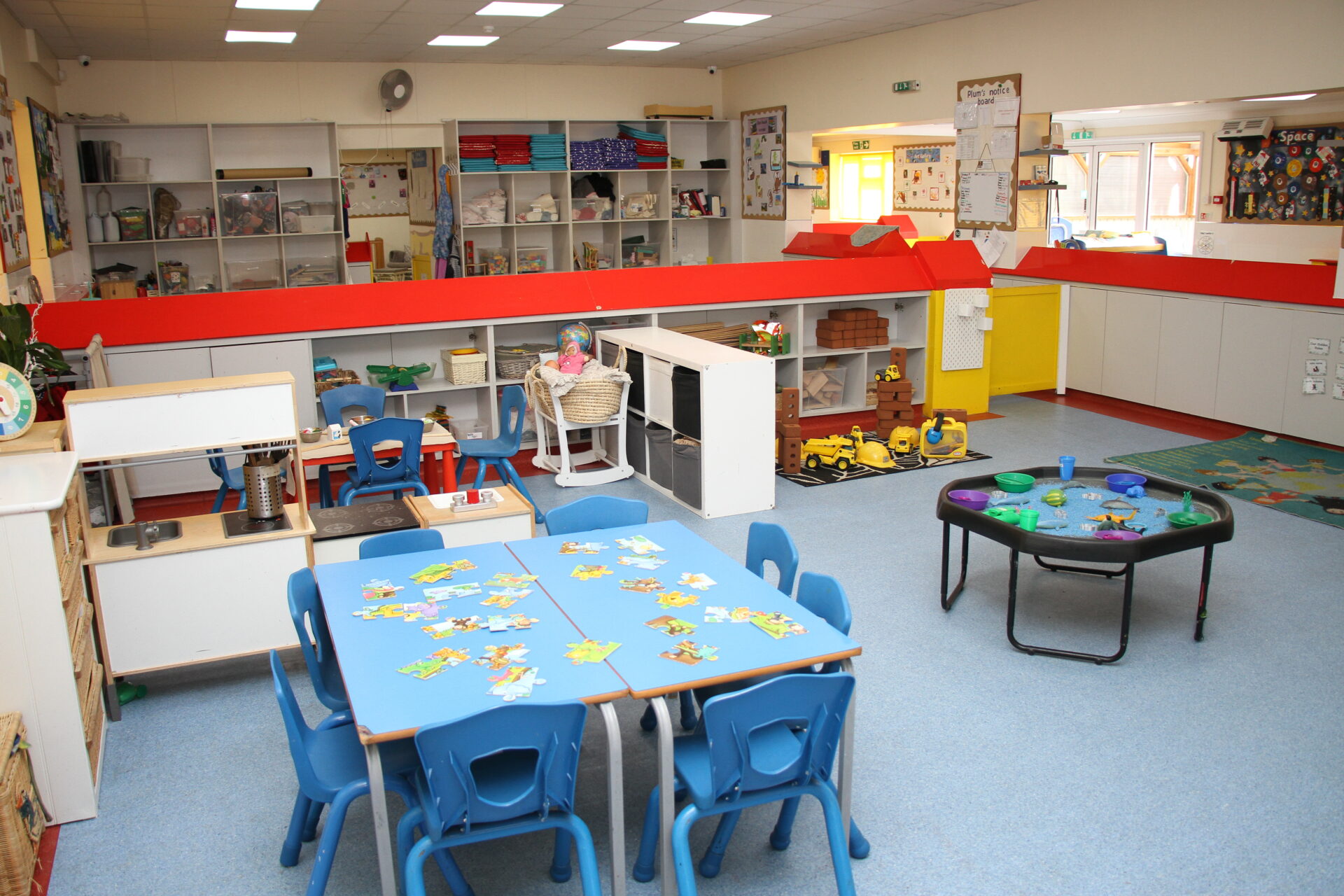

British Values
We are committed to safeguarding, promoting the welfare of children & young people and expects all staff, students & apprentices to share this commitment. The Prevent Duty & Promoting British Values has been introduced from 1st July 2015 in all schools, registered early years childcare providers and all Registered later Early years childcare providers are subject to a duty under section 26 of the Counter-Terrorism and Security Act 2015, in the exercise of their functions, to have “due regard to the need to prevent people from being drawn into terrorism”. This duty is known as the Prevent duty. Here at Rising Stars we take Safeguarding very seriously, therefore to ensure that we adhere to and achieve the Prevent duty we will; provide appropriate training for staff as soon as possible. Part of this training will enable staff to identify children who may be at risk of radicalisation. We will build the children’s resilience to radicalisation by promoting fundamental British values and enabling them to challenge extremist views (for early years providers the statutory framework for the EYFS sets standards for learning, development and care for children from 2-5 thereby assisting their personal, social and emotional development and understanding of the world).
We will assess the risk, by means of a formal risk assessment, of children being drawn into terrorism, including support for extremist ideas that are part of terrorist ideology. We will ensure that our staff understands the risks so that they can respond in an appropriate way. We will be aware of the online risk of radicalisation through the use of social media and the internet. As with managing other safeguarding risks, our staff will be alert to changes in children’s behaviour which could indicate that they may be in need of help or protection (children at risk of radicalisation may display different signs or seek to hide their views). The Key Person approach means we already know our key children well and so we will notice any changes in behaviour, demeanour or personality quickly.
We will not carry out unnecessary intrusion into family life but we will take action when we observe behaviour of concern. The key person approach means that we already have a rapport with our families so we will notice any changes in behaviour, demeanour or personality quickly. We will work in partnership with our LSCB & Mash Team for guidance and support. We will build up an effective engagement with parents/carers and families. (This is important as they are in a key position to spot signs of radicalisation). We will assist and advise families who raise concerns with us. It is important to assist and advise families who raise concerns and be able to point them to the right support mechanisms. We will ensure that our staff will undertake Prevent awareness training (as a minimum) so that they can offer advice and support to other members of staff. We will ensure that any resources used in the setting are age appropriate for the children in our care and that our staff have the knowledge and confidence to use the resources effectively. This policy is intended to serve as guidance for practitioners to recognise the signs of those who are at risk and also to inform parents of our legal requirement to put this policy into operation. The prevent of duty care policy is part of our wider safeguarding duties in keeping children safe from harm, and this new policy reinforces our existing duties by spreading understanding of the prevention of radicalisation.
Staff Responsibilities
All practitioners must be able to identify children who may be vulnerable to radicalisation.
There is no single way of identifying an individual who is likely to be susceptible to a terrorist ideology, but staff should be alert to changes in children’s behaviour, including even very young children, which could indicate they may be in need of help or protection. These behaviours can be evident during circle time, Role play activities and quiet times. Quiet times are a good time for children to make disclosures as this is the period that children are closest to their key persons. People from any walks of life can be drawn into radicalisation and not necessarily from a particular religion or ethnicity.
Terrorism is not promoted by any religion. The Prevent duty does not require childcare providers to carry out unnecessary intrusion into family life but we are required to take action when observe behaviour of concern.
Cultivating British Values
The best way to help children resist extremist views or challenge views such as creationism is to teach them to think critically and become independent learners, which is fundamental to the Characteristics of Effective Learning and Teaching embedded in the EYFS. We endeavour to support our children through the EYFS by providing stimulating and playful learning opportunities to help them develop positive diverse and communal identities, as well as their well-being, their empathy and emotional literacy, while continuing to take action to eradicate inequalities, bullying, discrimination, exclusion, aggression and violence; all of which fosters and secures, children’s pro-social behaviours and responsible citizenship and real sense of belonging. What to do if you suspect that children are at the risk of radicalisation. Follow the setting normal Safeguarding Procedures including discussing with the designated safeguarding lead, and where deemed necessary, with children’s social care. In Prevent priority areas, the local authority will have a Prevent lead that can also provide support. The Safeguarding Lead can also contact the local police force or dial 101 (the non-emergency number). They will then talk in confidence about the concerns and help to access support and advice. The Department for Education has dedicated a telephone helpline (020 7340 7264) to enable staff to raise concerns relating to extremism directly. Concerns can also be raised by email to counter.extremism@education.gsi.gov.uk. Please note that the helpline is not intended for use in emergency situations, such as a child being at immediate risk of harm or a security incident, in which case the normal emergency procedures should be followed.



